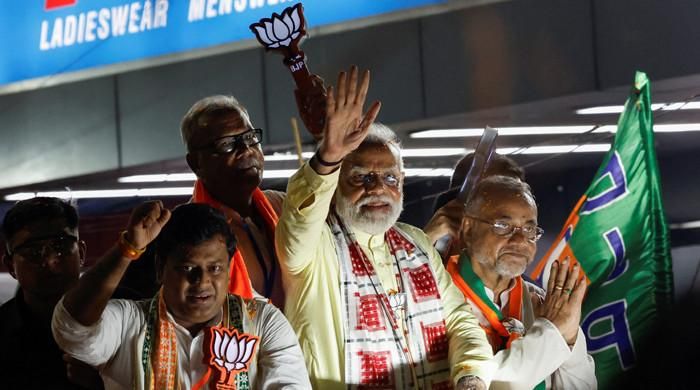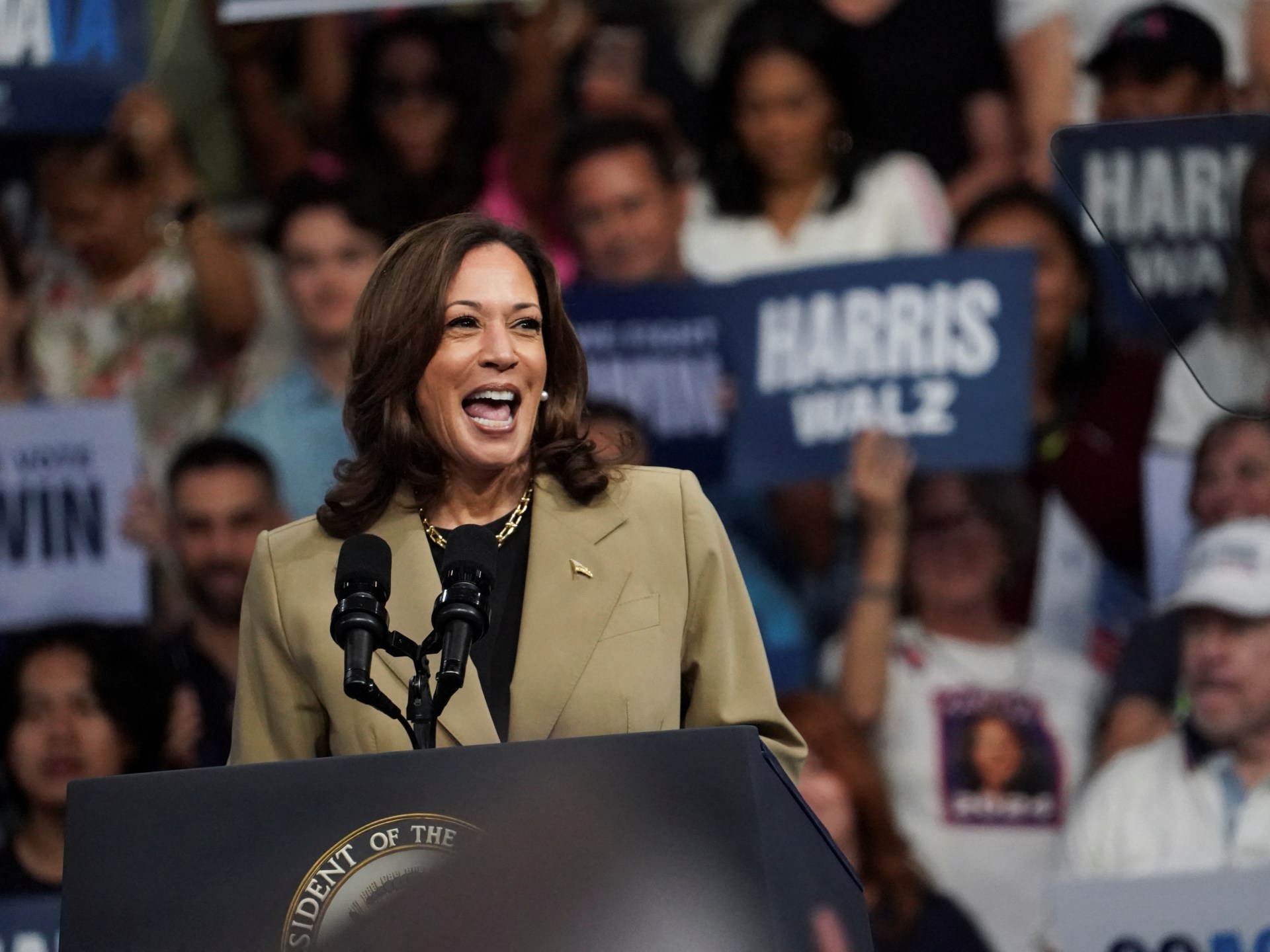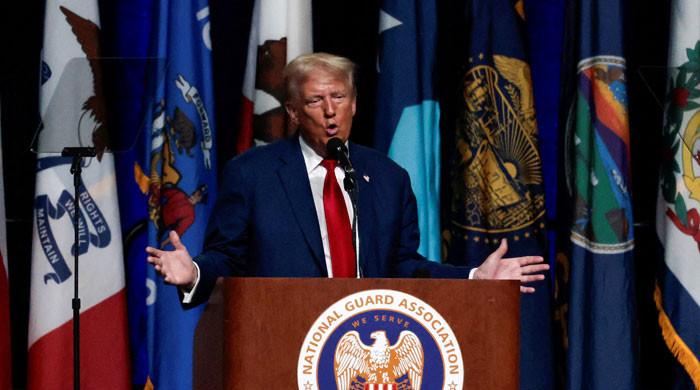- 2/3 majority to allow the government to introduce far-reaching amendments.
- NDA could win 355-380 seats: exit polls.
- Results are expected on June 4 after votes are counted the same day.
NEW DELHI: Indian Prime Minister Narendra Modi's Bharatiya Janata Party (BJP)-led alliance is expected to win a huge majority in the general election that concluded on Saturday, according to television exit polls, suggesting that would do better than most analysts expected.
Most exit polls projected that the ruling National Democratic Alliance (NDA) could win a two-thirds majority in the 543-member lower house of parliament, where 272 are needed for a simple majority. A two-thirds majority will allow the government to make far-reaching amendments to the Constitution.
A summary of six exit polls projected the NDA could win between 355 and 380 seats, a figure that is likely to boost financial markets when they reopen on Monday. The NDA won 353 seats in the 2019 general elections, of which the BJP accounted for 303.
The opposition “INDIA” alliance, led by Rahul Gandhi's Congress Party, was projected to win between 125 and 165 seats.
In his first comments after voting ended, Modi claimed victory without reference to exit polls.
“I can say with confidence that the people of India have voted in record numbers to re-elect the NDA government,” he said in X, without providing evidence for his claim.
“The opportunistic INDI Alliance failed to strike a chord with voters. They are casteist, communal and corrupt.”
Exit polls, conducted by polling agencies, have a spotty track record in India, often returning incorrect results, and analysts say they are challenging to get right in a large, diverse country.
Pre-election polls said the BJP would easily maintain its majority in the elections. But the party ran into a vigorous campaign by the “INDIA” alliance, casting some doubt on how close the race could be and many political analysts had predicted the BJP's margin of victory would be narrower or closer to the 2019 tally.
The opposition dismissed the exit polls and, before their publication, described them as “predetermined.” Most opposition parties accuse India's major news channels of being biased in favor of Modi, accusations the channels deny. They also say that exit polls in India are mostly unscientific.
“This is a government exit poll, this is Narendra Modi's exit poll,” Congress social media officer Supriya Shrinate told the news agency. ME TOOin which Reuters has a minority stake.
“We have an idea of how many seats we are winning, it won't be one seat less than 259,” he said.
'Uncertainty dissipated'
Nearly a billion people were eligible to vote in the seven-phase elections that began April 19 and were held in many parts under scorching summer heat.
The Electoral Commission will count the votes on June 4 and the results are expected the same day.
A victory for Modi, 73, will make him the second prime minister, after independence leader Jawaharlal Nehru, to win three consecutive terms.
Modi began his re-election campaign by focusing on his achievements of the past 10 years, but soon shifted to primarily attacking Congress, accusing it of favoring India's Muslim minority, something the opposition party denies.
The opposition has largely campaigned for affirmative action programs and saving the Constitution from what they call Modi's dictatorial rule, a charge the BJP denies.
Unemployment and inflation are the main concerns of voters in the Hindu-majority country of 1.4 billion people, polls show.
Market analysts said exit polls had raised uncertainty about the likely outcome and signaled the continuity of Modi's growth-focused economic policies.
“The exit poll results, which indicate a clear victory for the NDA with around 360 seats, completely remove the so-called election jitters that have been weighing on the markets in May,” said VK Vijayakumar, strategist. chief investment officer at Geojit Financial Services.
“This is a stimulus for the bulls, which will cause a big rally in the market on Monday,” he said.












